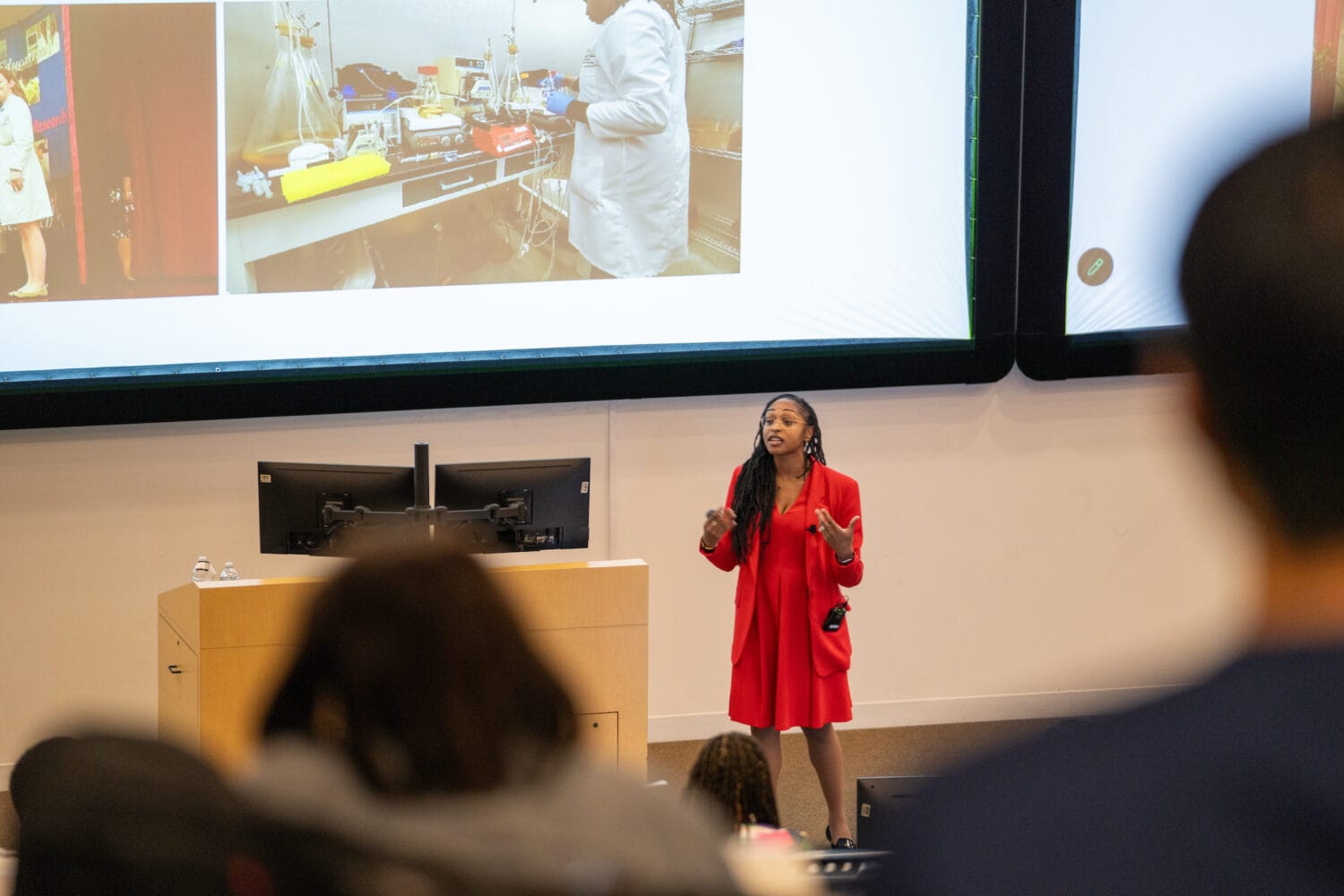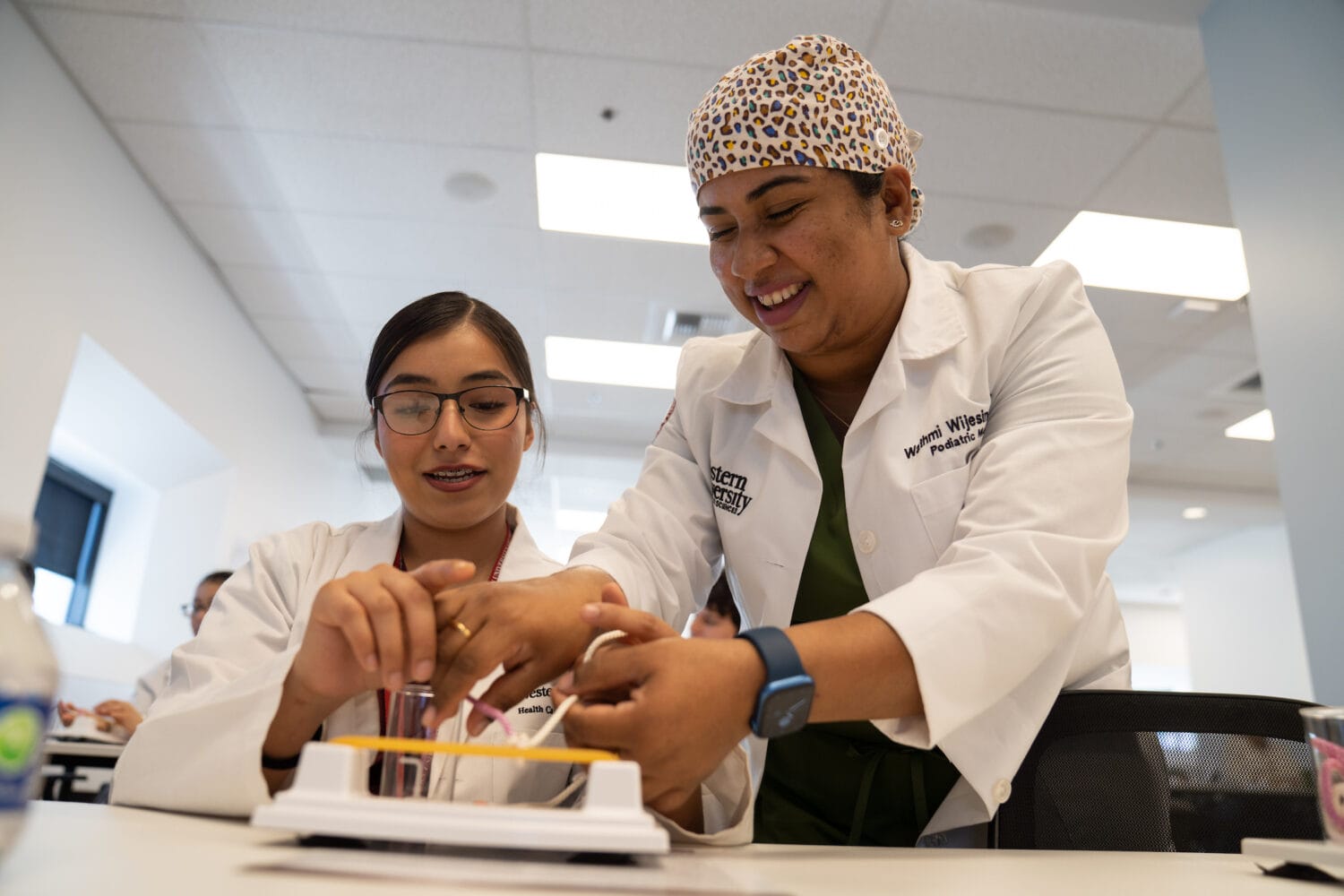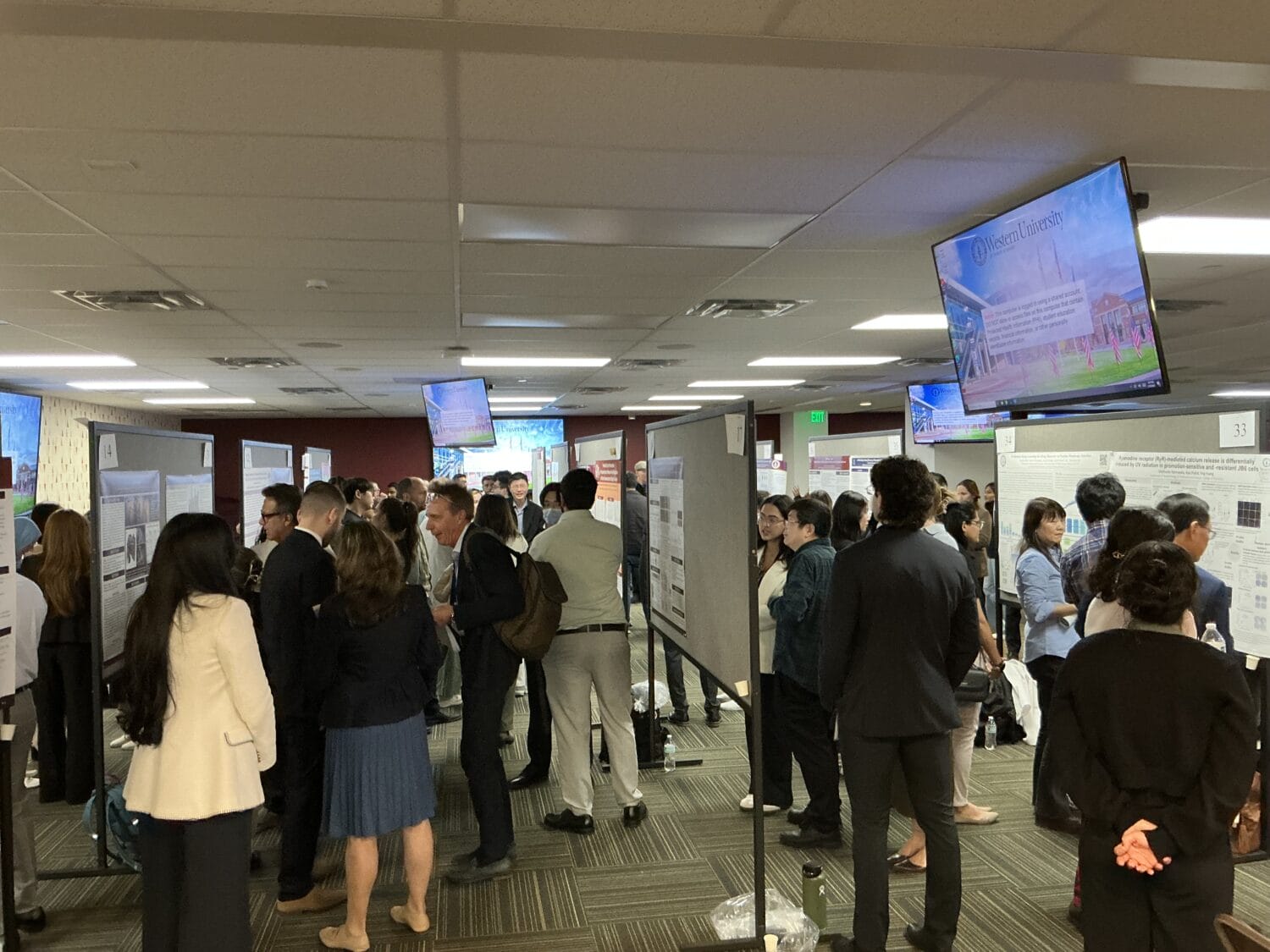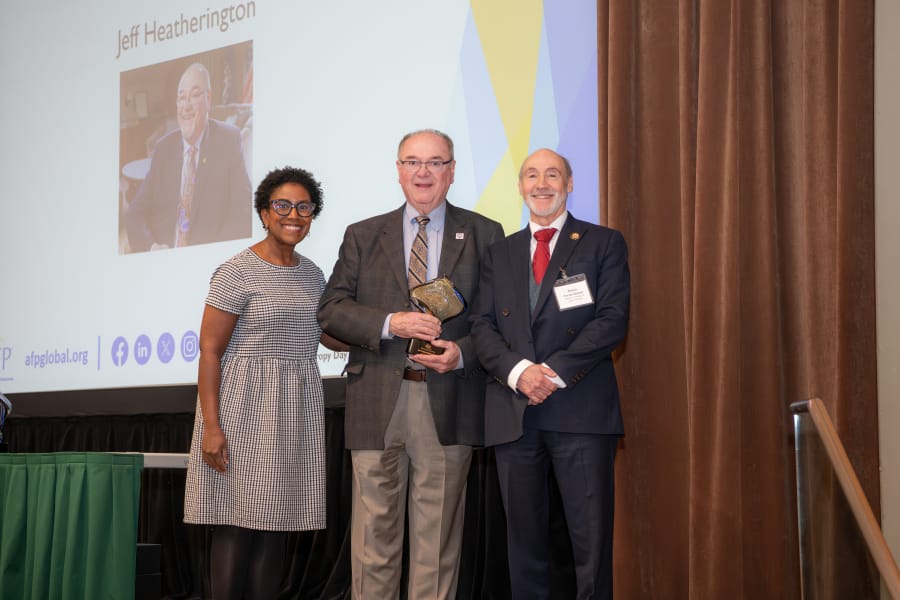WesternU COMP-Northwest students participate in helicopter simulation transport trainings with Life Flight Network
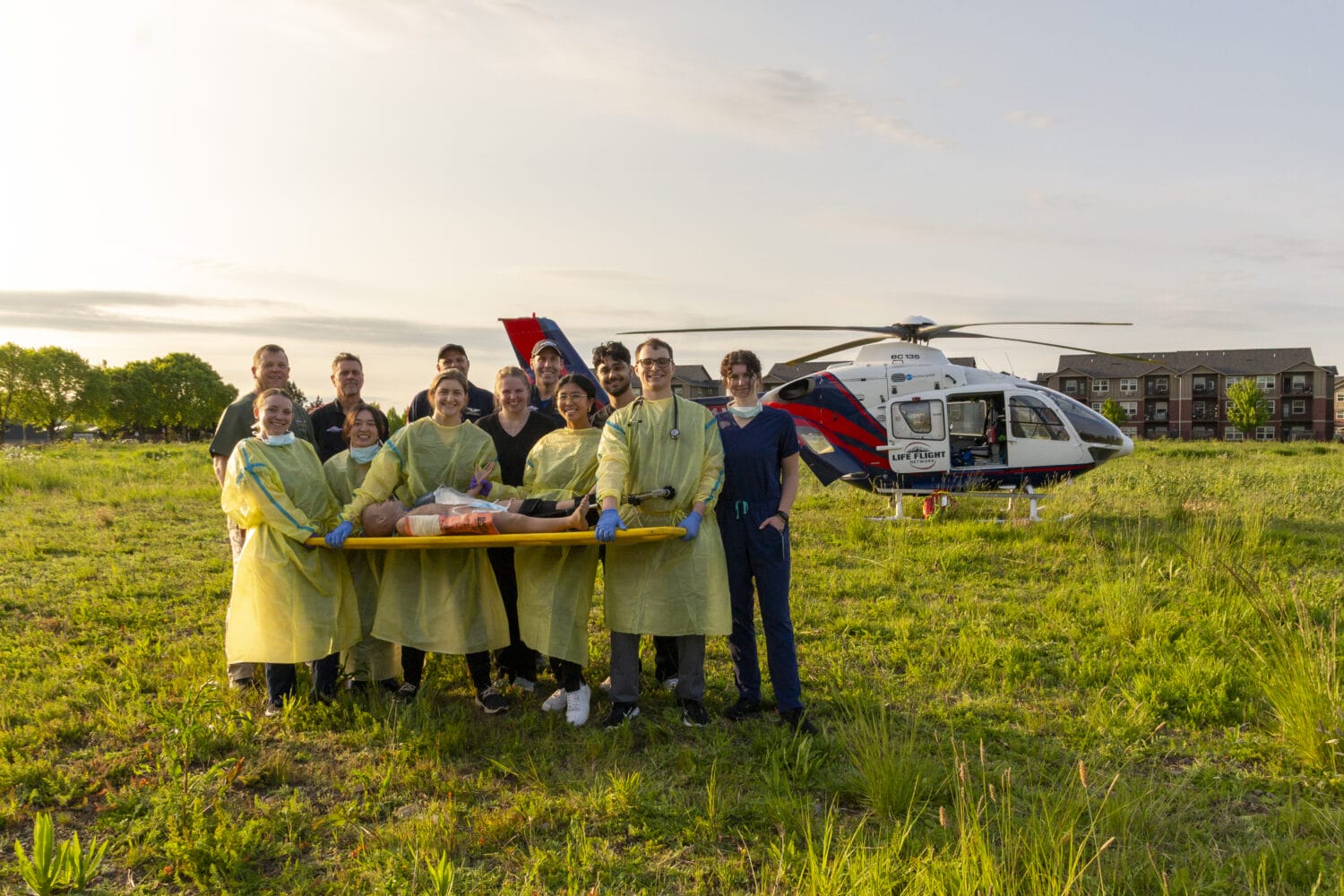
Western University of Health Sciences’ College of Osteopathic Medicine of the Pacific-Northwest (COMP-Northwest) partnered with Life Flight Network to practice simulation transport trainings on Monday, April 28, 2025.
Life Flight Network is a not-for-profit organization that provides emergency air and ground transport services across Washington, Oregon, Idaho, and Montana. Life Flight is owned by Oregon Health & Science University (OHSU), Legacy Health, Saint Alphonsus Regional Medical Center, and Providence Health & Services. They provide emergency transport to over 15,000 patients annually.
Before the simulation, students and Life Flight representatives discussed helicopter and helipad safety, how to load and unload patients into the helicopter, when to call Life Flight, and more.
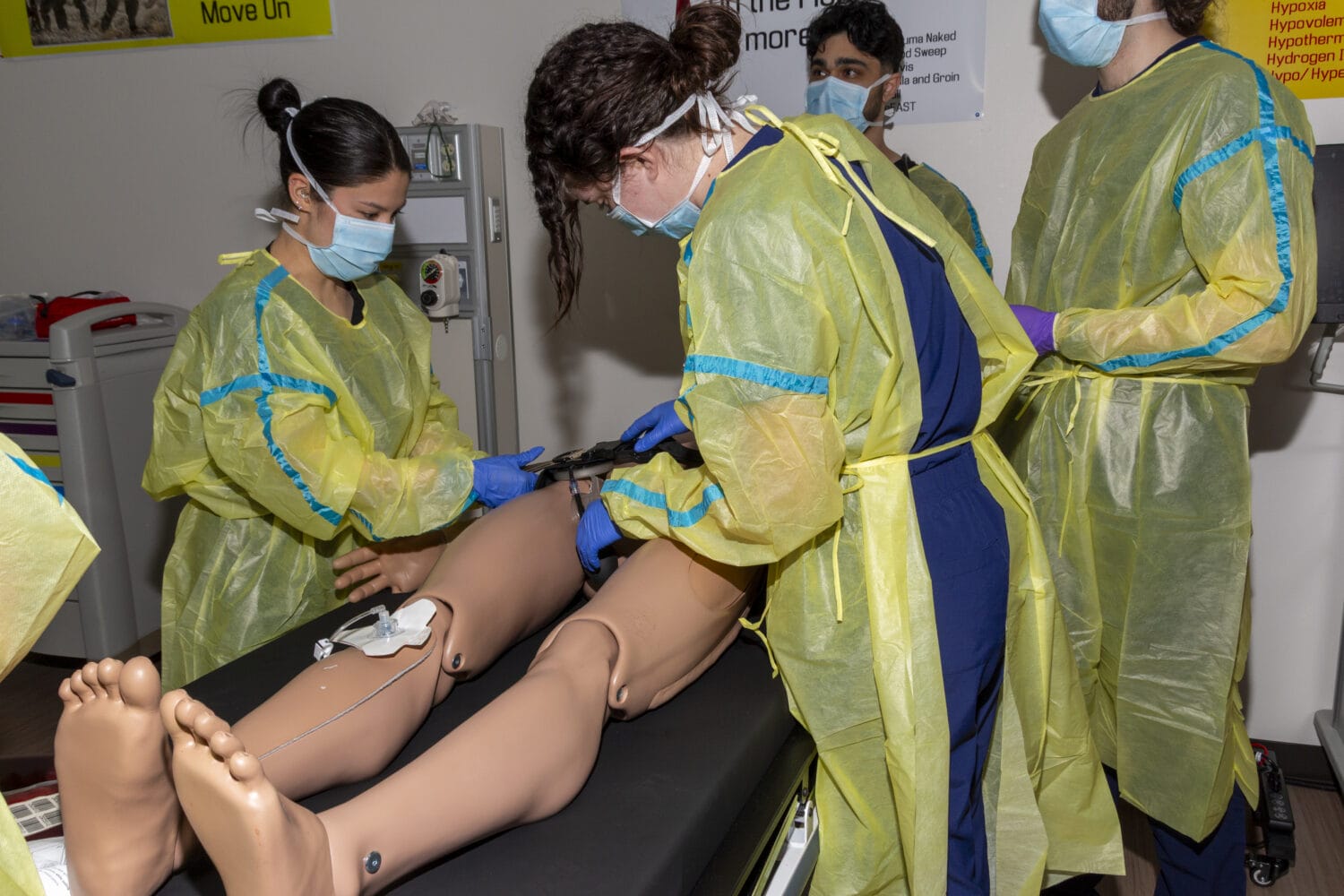
For the training, students were split into two groups. One group provided emergency care to an adult patient simulator while the second group provided care to a pediatric patient simulator. Under the close supervision of WesternU faculty and Life Flight pilots, students practiced performing ‘hot transports,” loading their patients into the helicopter while the engine is running, and the rotors are turning.
“I think getting early exposure through simulations, practicing loading and unloading, especially with helicopters, is something that is really important,” said second-year COMP-Northwest student and Student Simulation Operator (SSO) Abigail Collavo. “Before you have a real patient, you can go into it feeling a little more confident. You know who to follow, you know what you’re doing, and you’re less likely to make mistakes.”
This activity was hosted by the COMP-Northwest SIM interest group. Founded by second-year students Mikayla Bradley and Daniel Damron, the SIM interest group aims to provide students with hands-on learning experiences outside of the classroom.
“In the first two years of medical school, I think you get a little bogged down by just memorizing the facts of the book work. I think the hands-on simulation side really gives you an insight and hope into the next two years and what you’re actually going to do, the goal of being a doctor, being with patients and dealing with these scenarios,” said Bradley.
To provide additional support to students during the simulation, Sean Prendergast, MD, volunteered to provide direction and instruction. Dr. Prendergast practices at Samaritan Lebanon Community Hospital and specializes in emergency medicine.
“I’m only six years out of residency, so I remember being on the other side of it,” said Dr. Prendergast. “At the end of the day, it’s fun practicing through these things and it’s pretty close to how it feels in real life, with the mechanics and muscle memory of it.”
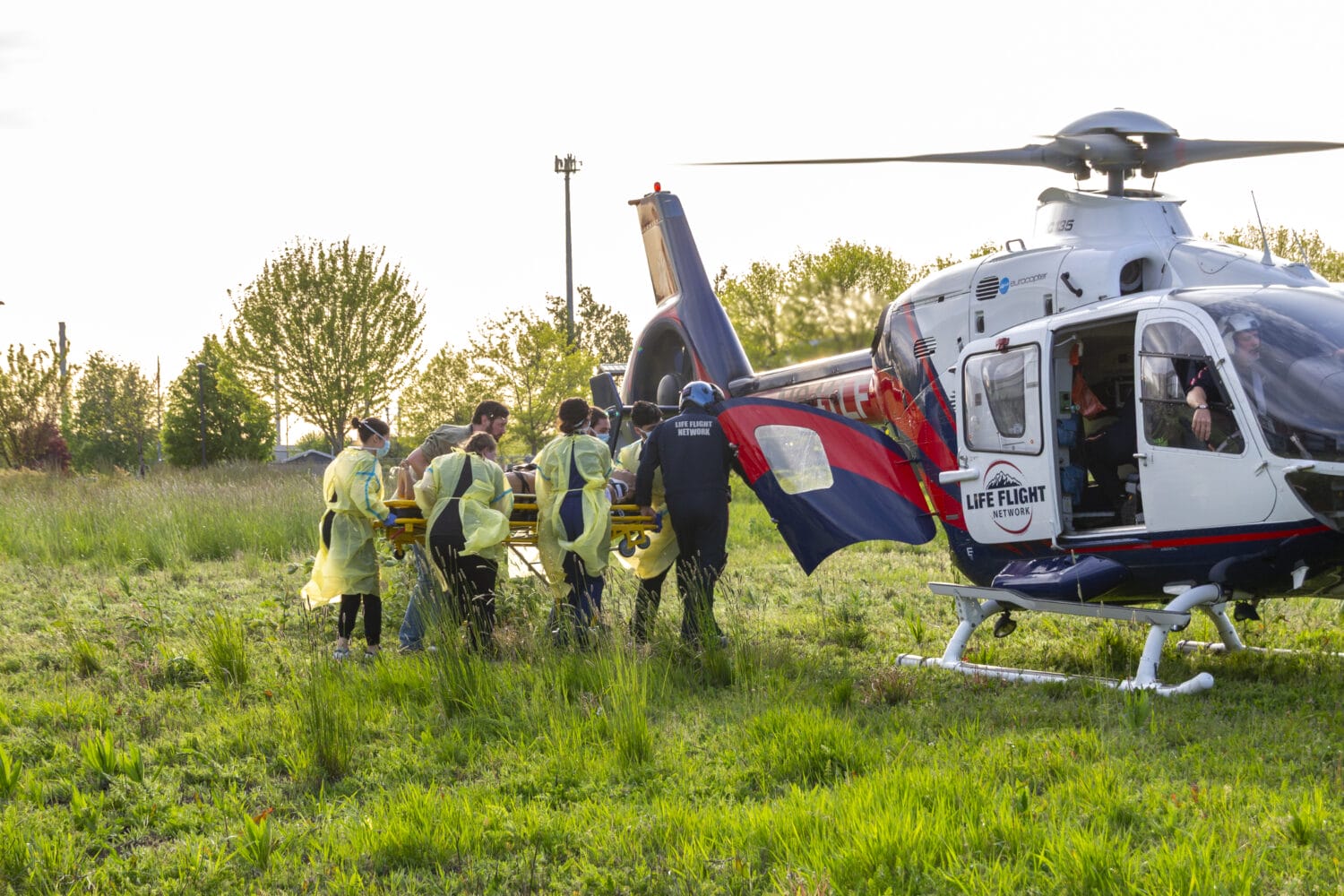
COMP-Northwest is expanding its supplemental simulation trainings. In addition to annual Life Flight trainings, the program works with Linn County Search and Rescue, Lebanon Fire District, and other organizations to perform simulation trainings.
“I think it’s really important to be able to teach the kinds of skill that you can only learn with real tools in your hands,” said COMP-Northwest Simulation Operations Specialist Chancellor Jensen. “There’s a lot of knowledge that lectures and didactic are amazing for. Real learning, especially when it comes to team-based learning like teamwork or confidence, can only be done in an experiential environment. That is where simulation learning really shines, especially in a high-scale scenario such as this one where learners are interacting with actual ER doctors and actual Life Flight pilots and medics in a way that connects their learning and grounds it, so they remember it better.”
Those interested in learning more about simulation education or the COMP-Northwest Simulated Medicine and Readiness Training (SMaRT) Lab can visit our website here.
